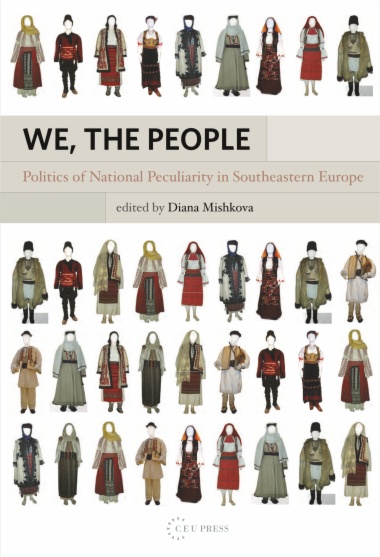Analyzes the processes of nation-building in nineteenth and early-twentieth-century south-eastern Europe. A product of transnational comparative teamwork, this collection represents a coordinated interpretation based on ten varied academic cultures and traditions.
- Cover
- Title page
- Copyright page
- Table of contents
- Introduction: Towards a Framework for Studying the Politics of National Pecularity in the 19th Century
- Part I. Ethnos and Citizens: Versions of Cultural-Political Construction of Identity
- Reconciliation of the Spirits and Fusion of the Interests: “Ottomanism” as an Identity Politics
- The People Incorporated: Constructions of the Nation in Transylvanian Romanian Liberalism, 1838–1848
- We, the Macedonians: The Paths of Macedonian Supra-Nationalism (1878–1912)
- Part II. Nationalization of Sciences and the Definitions of the Folk
- Barbarians, Civilized People and Bulgarians: Definition of Identity in Textbooks and the Press (1830–1878)
- Narrating “the People” and “Disciplining” the Folk: The Constitution of the Hungarian Ethnographic Discipline and the Touristic Movements (1870–1900)
- Who are the Bulgarians? “Race,” Science and Politics in Fin-de-Siècle Bulgaria
- Part III. The Canon-Builders
- Jovan Jovanović Zmaj and the Serbian Identity between Poetry and History
- Faik Konitza, the Modernizer of the Albanian Language and Nation
- Shemseddin Sami Frashëri (1850–1904): Contributing to the Construction of Albanian and Turkish Identities
- Notes on the Contributors
- Index

